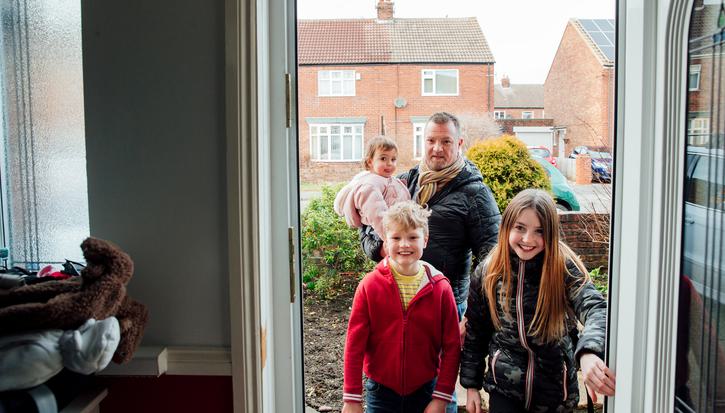Responsible capitalism and behavioural change: Evaluating the Social Business Trust and planning for the future
Article
There has been a growing interest in corporate social responsibility and how businesses engage with the communities they serve and are based in. This report examines the legacy of one recent approach to corporate social responsibility, the Social Business Trust.
The report uses qualitative evidence gathered in extensive interviews to assess the impact of the Social Business Trust model of corporate social responsibility on both participants and beneficiaries. It finds that those most closely involved with the Social Business Trust, who spent time working in the social enterprise environment, had higher estimations of the value of the programme than those who were only peripherally involved.
The report examines the components of corporate social responsibility (CSR), evaluates the experiences of those involved with the Social Business Trust, and makes three main recommendations:
- reinforcing locational thinking: companies should make face-to-face exposure to communities a key part of engagement in their CSR activities
- deepening informal networks: participants should be encouraged to interact informally with their social enterprise partners to build networks and gain 'practical wisdom' in an unfamiliar sector
- embedding learning: participants should be given instruction in the core aims of CSR activities before undertaking any CSR projects, and should be encouraged to process their learning afterwards through de-briefing sessions.
Related items

Strategic planning for green prosperity
Land is a finite resource, and the demands made of it have only increased over time.
The new politics of AI: Why fast technological change requires bold policy targets
The upcoming AI Action Summit in Paris is an opportunity to show how we can harness artificial intelligence (AI) as a force for societal, economic, and environmental good.
The homes that children deserve: Housing policy to support families
As the government seeks to develop a new child poverty strategy, it will need to grapple with housing – the single largest cost faced by families.